Anxiety Relief Music: Music for Stress Relief & Relaxation
Explore the best anxiety relief music to soothe your mind and enhance relaxation in our comprehensive guide.
Introduction: Discovering the Power of Anxiety Relief Music
Anxiety relief music is a therapeutic tool designed to soothe the mind and alleviate symptoms of anxiety through the healing powers of sound. This type of music incorporates specific rhythms, melodies, and frequencies that are known to reduce stress and promote relaxation. By affecting the brain's neurochemical processes, anxiety relief music can help lower cortisol levels, slow the heart rate, and decrease blood pressure, creating an overall sense of calm.

As we delve into the unique attributes of this musical genre, we'll explore how different sounds and musical structures can induce relaxation and help listeners manage stress more effectively. The power of anxiety relief music lies not only in its ability to provide immediate comfort but also in its use as a sustainable practice for enhancing mental health and well-being over time.
Exploring the Best Music for Stress Relief and Relaxation
Choosing the right music for stress relief and relaxation is essential for maximizing the calming effects music can provide on human stress response. Music that features slow tempos, soft melodies, and harmonious sounds is typically most effective in reducing stress and promoting relaxation.
Whether you prefer classical, ambient, or acoustic genres, there's a wide range of options that can cater to your relaxation needs.

Here are some top music suggestions that have been widely recognized for their stress-relieving properties:
- Claude Debussy’s "Clair de Lune": This classical piece with its slow, flowing piano melodies creates a tranquil and soothing atmosphere, ideal for relaxation and stress reduction.
- Brian Eno’s "Music for Airports": Composed as part of Eno’s Ambient series, this music is designed to induce calm and dissipate stress, perfect for creating a peaceful background in any setting.
- Jack Johnson’s "Better Together": Featuring gentle guitar strums and soothing vocals, this song is excellent for those who find relaxation in soft, melodic tunes.
- Norah Jones’ "Come Away With Me": Norah’s smooth voice combined with calm instrumentals makes this track ideal for unwinding after a long day.
- Enya’s "Watermark": Known for her ethereal soundscapes, Enya’s music can transport listeners to a state of serenity and peace.
- Yiruma’s "River Flows in You": This beautiful piano composition is gentle and meditative, suitable for reducing anxiety and promoting deep relaxation.
- Nature Sounds: Combining music with sounds of nature, such as raindrops, ocean waves, or a forest ambiance, enhances the effects of relaxation music and can be particularly effective in stress relief.
How Anxiety Relief Music Can Enhance Your Daily Routine
Integrating anxiety relief music into your daily routine can serve as an effective control technique to manage top stressors in life and improve your overall mood. The gentle cadence and soothing tones of specific musical compositions can be seamlessly woven into various parts of your day to enhance focus, encourage relaxation, and feel better instantly.
For example, starting your day with calming tunes can set a positive tone and help prepare your mind for the challenges ahead. Playing anxiety relief music in the background while working can reduce workplace stress and improve productivity.
Additionally, ending your day with a relaxing music session can help you unwind and promote better sleep, ensuring you're recharged for the next day. This method of using music as a daily therapeutic tool allows for subtle yet significant enhancements to your mental health routine, providing an accessible way to alleviate anxiety and manage daily stress.
The Science Behind Music for Stress Relief and Relaxation
The effectiveness of music for stress relief and relaxation is well-supported by scientific research, which explains how certain types of music can lower cortisol levels and positively affect the body’s stress response system. When you listen to relaxing music, your brain releases neurotransmitters like dopamine, a chemical associated with pleasure and reward, which can make you feel calmer and more content.

Studies have shown that music with a slow tempo, especially those under 80 beats per minute, can induce a hypnotic-like calm, slowing the pulse and heart rate, lowering blood pressure, and decreasing the levels of stress hormones. These physical responses not only help reduce the immediate feelings of stress but also contribute to long-term health benefits such as reducing the risk of stress-related disorders and improving cardiovascular health.
Harnessing the power of music as part of stress management and relaxation techniques offers a scientifically backed, enjoyable, and non-invasive way to enhance mental and physical health.
Top Genres of Anxiety Relief Music to Soothe Your Mind
Anxiety relief music spans across various genres, each possessing unique characteristics that can soothe the mind and alleviate stress. Selecting the right type of music is essential for maximizing its calming effects. Here are some of the most effective genres known for their stress-relieving properties:
- Classical Music: Often characterized by slow, steady tempos and soothing melodies, classical music can significantly decrease anxiety levels. Pieces like "Canon in D" by Pachelbel and Debussy's "Clair de Lune" are renowned for their calming effects.
- Ambient Music: Designed to alter the listener's mood, ambient music features minimalistic melodies and a focus on tone and atmosphere rather than traditional structure. Brian Eno’s "Ambient 1: Music for Airports" is an iconic example.
- Jazz: Smooth jazz, with its laid-back rhythms and fluid arrangements, can be particularly relaxing. Miles Davis’s "Blue in Green" provides a calm and immersive listening experience.
- Acoustic: Acoustic guitar or piano compositions are excellent for stress relief, offering gentle sounds that are easy on the ears. Jack Johnson’s "Banana Pancakes" or John Mayer’s "Slow Dancing in a Burning Room" are perfect examples of acoustic tracks that promote relaxation.
- New Age: Known for blending natural elements with musical sounds, new age music often incorporates sounds of water, wind, and wildlife, which can be exceptionally soothing. Enya and Yanni are prominent artists within this genre.
Each of these genres has the potential to act as a therapeutic tool, aiding in relaxation and mental decompression.
Creating the Perfect Playlist: Music for Stress Relief and Relaxation
Crafting the perfect playlist for stress relief and relaxation involves selecting tracks that resonate personally with your mood and needs.

Here’s a step-by-step guide to building your relaxation playlist:
- Start with the Familiar: Choose songs or pieces you already know and love. Familiarity can enhance the comforting effects of the music.
- Include a Variety: Mix different genres that induce relaxation to keep the playlist interesting and effective. Combining classical, ambient, and acoustic tracks can cater to different relaxation needs.
- Consider the Tempo: Generally, slower tempos are more relaxing. Aim for songs with 60-80 beats per minute, which can help synchronize your heart rate with the music rhythm.
- Add Natural Sounds: Consider including tracks that feature natural sounds like ocean waves, forest ambience, or rainfall. These sounds can enhance the calming effect of your playlist.
- Test and Refine: After creating your playlist, listen to it during different stress-relief activities like meditation or before sleep. Notice how each track affects your mood and adjust accordingly.
A well-curated music playlist can be a powerful tool in your stress-relief arsenal, providing a readily accessible source of comfort and escape whenever needed.
Enhancing Relaxation Techniques: Integrating Stress Relief Products with Music Therapy
Combining stress relief products with music therapy can create a synergistic effect that enhances relaxation and effectively manages stress. This integrative approach leverages the soothing power of music along with the practical benefits of various stress-relief products to create a comprehensive relaxation experience. Here's how combining these tools can maximize your relaxation efforts:
Aromatherapy and Music: A Sensory Symphony
Aromatherapy and Music combine to create a multi-sensory experience that can significantly enhance relaxation and stress relief. Essential oils such as lavender are well-known for their calming properties, which can reduce anxiety and promote sleep. When paired with gentle tunes, particularly classical or soft instrumental music, the effect can be profoundly soothing.

This combination works well in settings aimed at relaxation such as spas or at home during a quiet evening. The scents influence the limbic system, the part of the brain responsible for emotions, while the music helps to lower heart rate and blood pressure, together fostering a peaceful state.
Weighted Blankets and Soothing Tunes: Enhanced Comfort
Weighted Blankets and Soothing Tunes offer a form of deep pressure therapy combined with auditory relaxation, ideal for those who suffer from anxiety or insomnia. The weighted blanket simulates a therapeutic technique called deep pressure stimulation which promotes the release of serotonin, a mood stabilizer.
Listening to soothing tunes while under the comfort of a weighted blanket can amplify the effects of relaxation, making this combination perfect for unwinding at the end of a stressful day or for soothing relaxation before bed.
Stress Balls and Instrumental Music: Active Relief
Stress Balls and Instrumental Music create a dynamic form of stress relief that engages both the hands and the ears. Using a stress ball can be a fantastic way to physically release tension build-up. The act of squeezing and releasing the ball can alleviate physical stress and help refocus the mind.
Coupled with instrumental music, which is less intrusive and generally features a calming melody, this combination can be particularly effective during work breaks or while dealing with short bursts of stress.
Herbal Teas and Acoustic Music: A Relaxing Ritual
Herbal Teas and Acoustic Music blend the therapeutic effects of warm beverages with the relaxing sounds of music. Herbal teas like chamomile or peppermint have natural properties that soothe the stomach and calm the nerves. Moreover, the effect of lavender herbal tea on the anxiety is great esepcially to stabilize the people's mood.

When consumed while listening to gentle acoustic music, the combination not only enhances the physical relaxation effect but also creates a ritualistic experience that can be a wonderful way to take a deliberate break from the day’s stresses.
Meditation Apps and Integrated Music: Guided Calm
Meditation Apps with Integrated Music provide a structured approach to relaxation that is both accessible and effective. Many meditation apps now feature sessions that include background music specifically composed to enhance the meditative experience.
This music is typically slow and serene, designed to help slow down breathing and encourage psychological peace. For beginners or those who find it difficult to meditate in silence, these apps can offer a helpful guide.
Yoga and Tailored Playlists: Synchronized Flow
Yoga and Tailored Playlists utilize the harmony of physical movement and sound to create a deeply immersive experience. Music that matches the pace and style of yoga practices can significantly enhance the session.

Slow, rhythmic tunes can accompany more meditative styles like Hatha or Yin, while energetic beats can elevate more vigorous forms like Vinyasa or Power yoga. This synchronization of movement and music not only enhances the physical benefits of yoga but also elevates the spiritual experience.
Stress Gummies and Relaxation Music: Dual Calming
Stress Gummies and Relaxation Music offer a dual approach to managing stress by combining the internal relief provided by stress gummies with the external soothing of relaxation music. Stress gummies often contain ingredients like cannabidiol (CBD), ashwagandha, or valerian root, which can help reduce anxiety and improve mood.
When this internal calming effect is complemented by the enveloping ambiance of relaxing music, the overall stress relief can be more comprehensive and satisfying.
Stress Relief Drops and Classical Music: Harmonious Relief
Stress Relief Drops and Classical Music form a powerful duo for combating stress. Stress relief drops typically contain herbal extracts that promote calmness and reduce anxiety, such as lavender or passionflower.
When paired with the timeless and soothing melodies of classical music, these drops can help bring about a serene state more swiftly and effectively. This combination can be particularly beneficial before bedtime or during other times when quick stress relief is needed.
| Combination | Components | Benefits | Ideal Usage |
|---|---|---|---|
| Aromatherapy & Music | Essential oils, gentle tunes | Enhances calm, reduces anxiety | Evening relaxation, spa settings |
| Weighted Blankets & Music | Weighted blanket, soft music | Promotes serotonin, improves comfort | Nighttime unwinding, pre-sleep |
| Stress Balls & Instrumental | Stress ball, instrumental music | Releases tension, improves focus | Work breaks, stress moments |
| Herbal Tea & Acoustic Music | Herbal tea, acoustic music | Soothes stomach, calms nerves, ritualistic | Daily relaxation, meditation |
| Meditation Apps & Music | Meditation apps, background music | Structures meditation, enhances peace | Meditation practice, especially for beginners |
| Yoga & Music Playlists | Yoga, matched music playlists | Synchronizes movements with rhythm, boosts practice | Home or studio yoga sessions |
| Stress Gummies & Music | Stress gummies, relaxation music | Combines internal calm with external music relief | Regular wellness routine, daily stress management |
| Stress Drops & Classical | Stress drops, classical music | Fast relief, promotes calmness | Before sleep, high-stress times |
The Benefits of Integrating Anxiety Relief Music into Your Wellness Plan
Incorporating anxiety relief music into your wellness plan offers a practical and accessible approach to managing stress and enhancing well-being. This genre of music, specifically designed to calm the mind and soothe the body, can be a powerful tool in your health regimen. Here are several key benefits of including anxiety relief music in your daily routine:
- Reduced Blood Pressure: Calming music helps lower blood pressure, which is often elevated during stressful periods, promoting better heart health.
- Improved Sleep Quality: Gentle melodies can significantly enhance the quality of sleep by helping the mind and body relax, making it easier to fall and stay asleep.
- Enhanced Focus and Productivity: Background music that reduces anxiety can also improve concentration and productivity, particularly beneficial in work and study environments.
- Emotional Processing: Music provides a therapeutic outlet for expressing and processing emotions, aiding in emotional stability.
- Increased Relaxation: Slow tempo and soft tunes increase overall relaxation, reducing the physical symptoms of stress.
- Boosted Mood: Listening to music can elevate mood by increasing the release of dopamine, a feel-good neurotransmitter in the brain.
- Enhanced Meditation and Yoga Practices: Incorporating music into meditation or yoga can deepen relaxation and enhance the spiritual experience.
- Stress and Anxiety Reduction: Regularly listening to soothing music can decrease daily stress and anxiety levels, offering a sense of peace and calm.
By making anxiety relief music a part of your everyday life, you can enjoy these benefits consistently, contributing to a healthier and more balanced lifestyle.
User Experiences: How Music for Stress Relief and Relaxation Helps
User testimonials consistently highlight the transformative impact of music for stress relief and relaxation. Many people report experiencing immediate relief from symptoms of anxiety and stress upon listening to targeted music. Individuals often describe a release of emotional burdens as music allows them to let go of accumulated stress and anxiety, reporting a feeling of lightness and peace after a music listening session.
Users also note physical benefits such as reduced muscle tension and decreased headaches, which contribute to overall relief and comfort. With reduced stress levels, many find their interactions with others to be more positive and less reactive, leading to better personal and professional relationships.
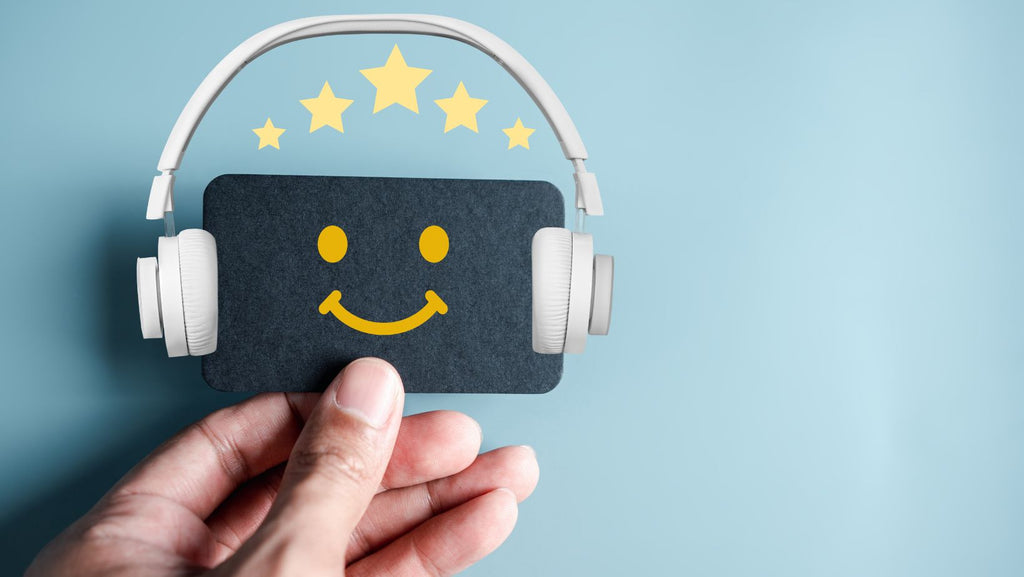
Over time, regular listeners of stress relief music observe a noticeable improvement in their overall mental health and resilience. They find themselves better equipped to handle daily stresses and more adept at maintaining balance amidst life's challenges.
These experiences underscore the significant role that music can play in a comprehensive stress management strategy. For many, it's not just a background activity but a pivotal element of their approach to wellness, offering both immediate and lasting benefits.
Tips for Using Anxiety Relief Music in Your Meditation Practice
Integrating anxiety relief music into your meditation practice can enhance the calming and centering effects of your sessions. Here are some tips to effectively incorporate music into your meditation routine:
- Choose the Right Music: Opt for tracks specifically designed for meditation or those that naturally induce relaxation, such as slow, instrumental pieces without lyrics. Ambient sounds or nature sounds like ocean waves or forest ambience can also be effective.
- Volume Control: Keep the volume low so that the music does not overpower your thoughts but rather supports a meditative state. The music should act as a gentle backdrop to your meditation, not the focal point.
- Use Headphones: For a more immersive experience, consider using headphones. This can help block out external noise and allow you to focus more deeply on the meditation and the subtle nuances of the music.
- Timing is Key: Integrate music at the beginning of your meditation to help you settle in, or play it throughout to maintain a relaxed state. Experiment with different timings to see what helps your practice the most.
- Align Music with the Type of Meditation: Match the pace and energy of the music to the type of meditation you are practicing. For instance, if you are engaging in a dynamic meditation, more upbeat or rhythmic music might be appropriate. For relaxation or mindfulness meditation, softer, slower tunes would be more suitable.
- Be Consistent: Regular use of music in your meditation practice can help condition your mind to enter a meditative state more quickly. Over time, just starting the playlist will signal to your brain that it’s time to calm down and focus.
- Personalize Your Playlist: Over time, create a personal playlist of tracks that you find particularly effective. This personalization makes your practice more enjoyable and effective, tailored to your unique relaxation needs.
Conclusion: Why Music for Stress Relief and Relaxation Should Be Part of Your Life
Music for stress relief and relaxation is a powerful tool that should be part of everyone’s wellness toolkit. Not only is it accessible and easy to integrate into daily routines, but it also offers profound benefits for physical and emotional health.
Music can lower blood pressure, decrease heart rate, elevate mood, and even improve cognitive function and sleep quality. Its universal appeal and ability to evoke positive emotions make it ideal for enhancing overall well-being and fostering stronger social connections.
Incorporating music into your life can transform your approach to stress management and significantly improve your quality of life, making it an essential element for anyone looking to lead a happier, healthier life.
FAQs
What time of day is most effective for listening to anxiety relief music?
Listening to anxiety relief music can be effective at any time of day, but many find it particularly beneficial at night to wind down before sleep or in the morning to set a calm tone for the day.
Can anxiety relief music help during a panic attack?
Yes, anxiety relief music can help during a panic attack by providing a calming stimulus to focus on, which can distract from panic symptoms and help regulate breathing.
Is it better to listen to anxiety relief music alone or with others?
This can vary depending on personal preference. Some people find it more relaxing to listen alone, while others may experience enhanced benefits from sharing the listening experience as a communal soothing activity.
How long should I listen to anxiety relief music to feel the benefits?
While some immediate benefits can be felt within a few minutes, listening for 20 to 30 minutes can provide more substantial stress relief and relaxation effects.
Can anxiety relief music be used as a treatment for clinical anxiety?
While anxiety relief music can be a supportive tool to manage symptoms of anxiety, it should be used in conjunction with other treatments recommended by healthcare professionals for clinical anxiety.
Does the volume at which anxiety relief music is played affect its efficacy?
Yes, playing music at a lower volume is generally more relaxing and less likely to be disruptive or cause sensory overload, which can enhance its stress-relieving properties.
Are there any side effects of using anxiety relief music frequently?
There are no known negative side effects of using anxiety relief music frequently; it is considered a safe and beneficial practice for regular use.
Can anxiety relief music improve concentration and focus?
Yes, certain types of anxiety relief music, especially instrumental and classical music, can help improve concentration and focus by reducing background stress levels and enhancing cognitive processing.
Should children use anxiety relief music?
Yes, children can also benefit from anxiety relief music, especially as a tool for bedtime or to calm down after high-energy activities.
How can I incorporate anxiety relief music into a busy schedule?
You can incorporate it by playing music during your commute, as background music while working, or during short breaks throughout the day to help manage stress and enhance overall well-being.


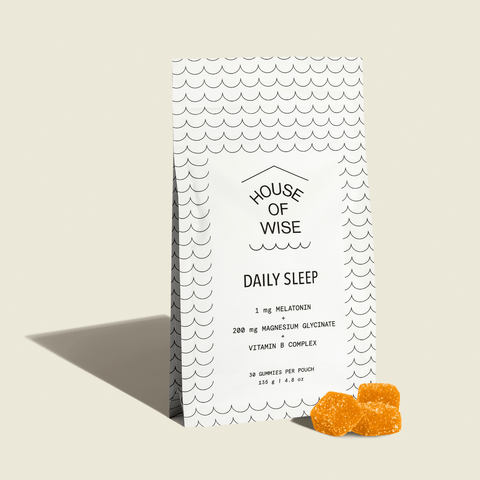
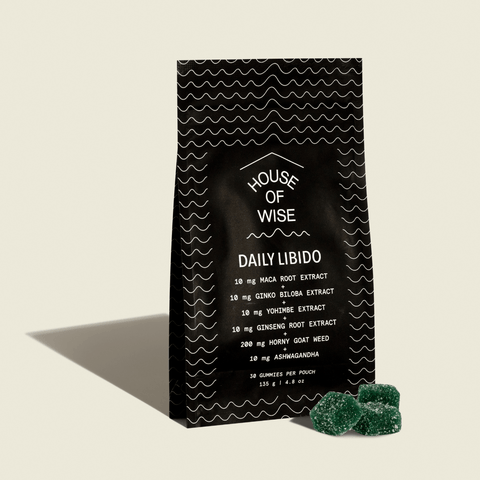
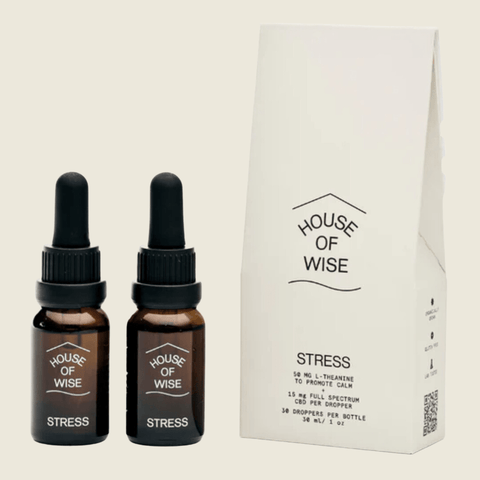
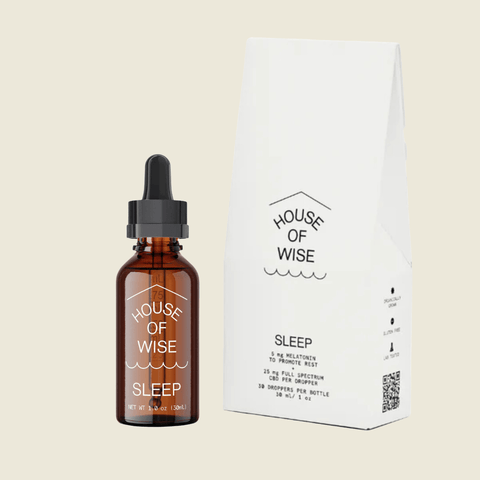
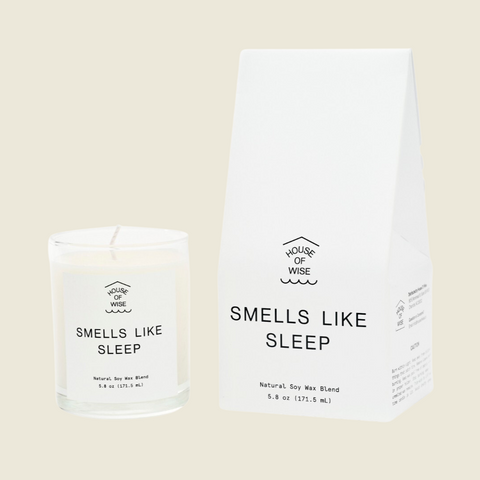




Comments (0)
There are no comments for this article. Be the first one to leave a message!